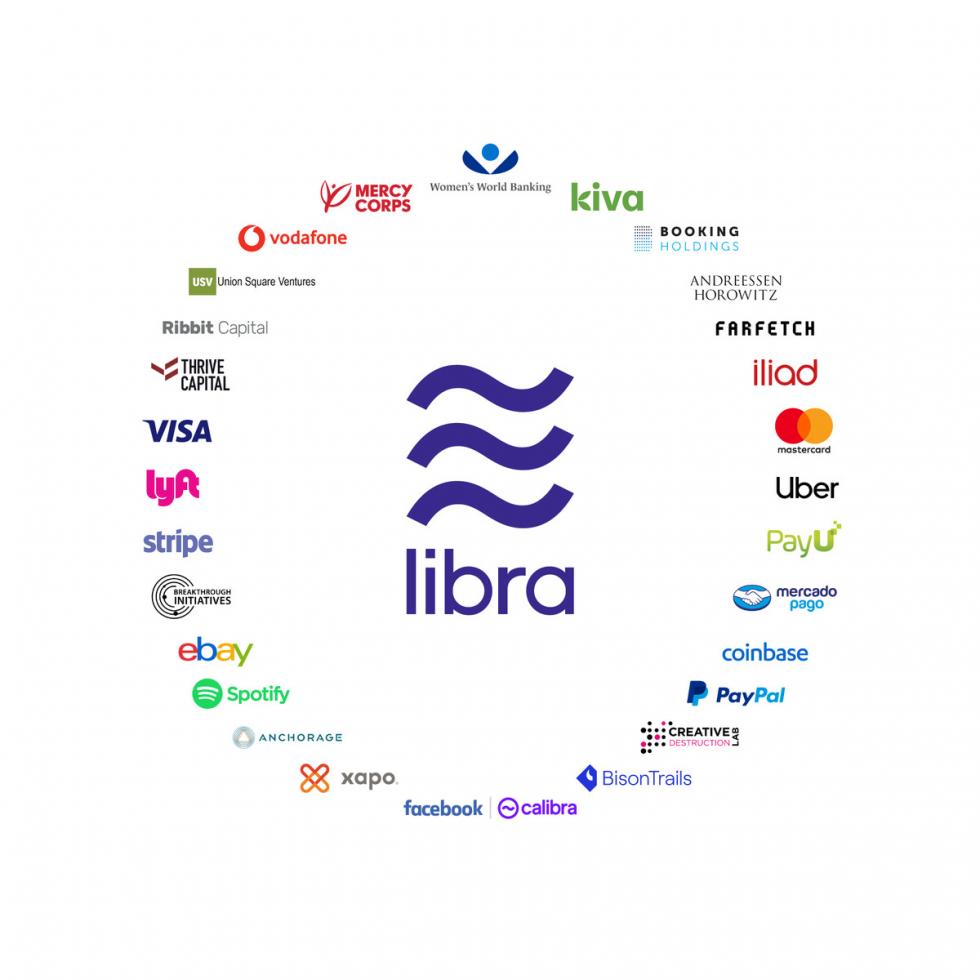
The role of Libra in the disruption of the FFSS
Libra is the new cryptocurrency announced by Facebook. Will Facebook be our future bank?
Facebook has just published a white paper describing its intentions for the launch of its new cryptocurrency, Libra, in the first half of 2020. This announcement has been widely commented on networks and in specialized media in recent days, and many articles can be found explaining what the new Facebook project consists of. For this reason, we will skip this part of the explanation here. But there are some interesting questions that are worth tackling: is it one more step for the big technology companies to provide financial services? Is it a cryptocurrency or is it something totally new? Should banks worry? Should we?
For a few years, banks have watched carefully (probably with concern) the movements towards financial services of large technology companies, especially those known by the acronym FAANG (Facebook, Apple, Amazon, Netflix and Google). In this sense, it is worth asking if it makes sense for a technological giant to launch itself to compete with banks. The steps being taken by these companies point in this direction.
Apple fans will have their Apple Card this 2019. If you want to upgrade to a new version of iPhone and need a loan, why ask a third party (the bank) when Apple already offers it?
For its part, Amazon already began in 2012 its small business loan program as a way to support sellers. Amazon proactively selects specific vendors according to a set of criteria, using metrics drawn from history and sales volume and estimating the credit risk of each company. With that information, Amazon creates a fully customized loan offer and notifies the company directly. Amazon is now one of the largest lenders for small businesses in the US and has loaned more than one billion dollars in commercial loans every year for the past 3 years.

Therefore, for the FAANG the introduction to the market of financial products is certainly a step in the value chain and they are already making steps in that direction. At the end of the day, users want a better experience and more personalized products, and probably the companies that are best positioned to offer personalized financial products are the technological giants. Google and Facebook, with one billion and 2 billion active users, respectively, have user bases ready to boost with banking products.
Imagine the same model of Amazon Lending, applied to the 2 billion Facebook users: all the users' information, from employment to education, to the most immediate social interactions and updates, would allow the technology to offer a personalized loan, exactly when we need it.
Moreover, new generations give a greater degree of confidence to these companies at the expense of banks, as a presented by BI company RFi Group on a survey to 2,000 British people. The vast majority of young people (between the ages 18 and 24) claim they trust more Amazon and PayPal than banks when it comes to protecting personal data. The survey asked respondents if they would welcome new financial services from companies such as Amazon, Google and PayPal, and an incredible 73 percent of millennials were interested.

One might think that Libra is simply another cryptocurrency; a means of payment that in some way complements those of traditional banking and therefore, can coexist with banks as has been happening so far with Bitcoin. But in reality, Libra has been designed in a totally different way from the rest of cryptocurrencies.
A fundamental difference between Bitcoin and Libra is that Libra is based on the verification of permissioned nodes. Bitcoin is a "public blockchain" in which anyone can run a validation node. Instead, Libra will start as a permissioned blockchain: verifications of each transaction can only be made by specific entities that configure the network. Among which are Facebook, Mastercard, Visa, PayPay, Stripe, eBay, Lyft, Spotify and Uber. This authorized central network is, in fact, the direct opposite of the decentralized form of Bitcoin.

In addition, unlike Bitcoin, Facebook has explained that it intends to regulate its currency under agreement with governments. Libra's white paper makes it clear from the beginning: it will be established for regulatory compliance along with regulators.
One of the most interesting aspects of Bitcoin was its origin as an alternative to the global monetary system. Libra is the direct opposite of Bitcoin in this regard. As indicated in the whitepaper: "Libra is designed to be a stable digital cryptocurrency that will be fully backed by a reserve of real assets." We are therefore facing a kind of anti-Bitcoin, a currency indexed to a basket of currencies and assets of the traditional financial world. Libra will not be an alternative to the monetary system, but will be part of it, it will be regulated, and its value will always be linked to the dollar and the euro.
Although at this moment Bitcoin fans can use all these arguments to criticize Libra, the reality is that all this has more advantages than disadvantages. It is good to have a global currency with legal security. It allows us to trade goods and services, or send money to anyone from anywhere in the world, under the same currency, without delays or exchange rates. We expect it won't be used to evade taxes or money laundering, one of the main problems that exist with Bitcoin.

Facebook has created its own official, regulated and global currency. In fact, Facebook explains that Libra's value proposition is to solve the fact that there are still millions of people in the world who do not have a bank account.
Perhaps the key is precisely that Facebook is not hiding from its intention to be a bank: at least, has explicitly expressed that it wants to be for the most disadvantaged people in the world. This could well be the basis on which, perhaps in the very near future, financial services of all kinds (deposits, cards, loans, etc.) will be offered and not only to part of its users, but to 2 billion of users from around the world. If this happens, new questions will be opened: Will this end up with 4 or 5 technological giants replacing the thousands of banks existing in the world? Will it be good for users having a few companies accumulate so much influence on so many aspects of our daily lives?









